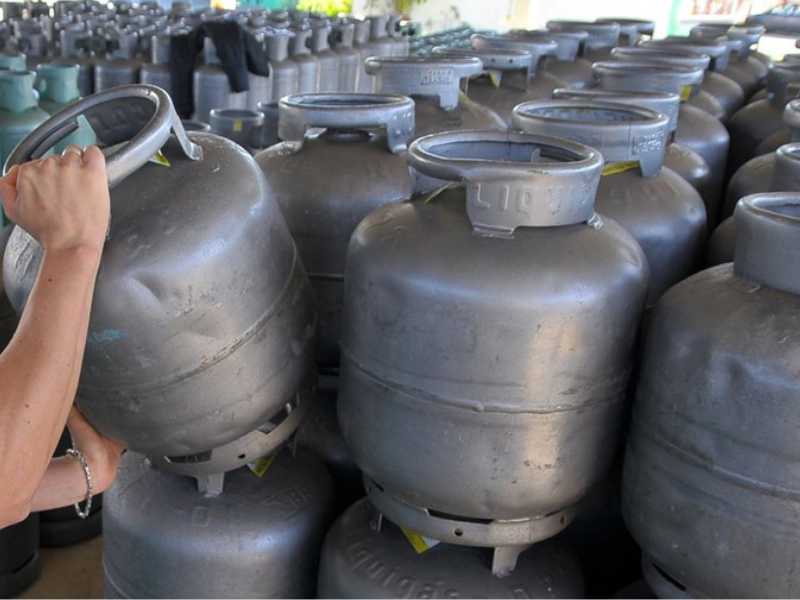Anúncios
A inflação é um termo comum em noticiários econômicos, mas você sabe como ela impacta diretamente sua vida financeira? Basicamente, significa o aumento contínuo e generalizado dos preços dos produtos e serviços. Quando a inflação está alta, o poder de compra do seu dinheiro diminui. Isso significa que, com a mesma quantia, você compra menos do que comprava antes. Esse fenômeno afeta todos, mas especialmente quem tem renda fixa, pois o salário não acompanha o aumento dos preços.
Além disso, a inflação pode variar conforme o grupo de produtos ou serviços. Por exemplo, a inflação de alimentos pode ser mais alta do que a de eletrônicos. Isso significa que, dependendo dos seus hábitos de consumo, isso pode afetar você de maneira diferente. Se você gasta mais com itens que estão ficando mais caros rapidamente, sentirá mais o impacto no seu dia a dia.
Veja Mais: Como pedir o Auxílio Gás?
Anúncios
Inflação e seu impacto no cotidiano
No cotidiano, a inflação afeta de várias maneiras. Você pode notar que a conta do supermercado está mais cara, mesmo comprando os mesmos itens. Ou então, que o reajuste do seu salário não cobre o aumento dos custos de vida. Isso pode exigir um reajuste no seu orçamento, priorizando despesas e cortando gastos não essenciais.
Dicas para lidar com o aumento dos preços
Para lidar com a inflação, é importante ajustar seu planejamento financeiro. Busque maneiras de economizar no dia a dia, como comparar preços antes de comprar e evitar desperdícios. Além disso, considere investir seu dinheiro em opções que possam trazer retornos acima da inflação. Assim, você protege seu poder de compra e mantém a saúde financeira em tempos de alta inflacionária.
Anúncios
É também essencial educar-se financeiramente, entendendo como a inflação funciona e como ela afeta diferentes setores. Fique atento às notícias econômicas e busque aconselhamento financeiro se necessário. Outra dica valiosa é diversificar seus investimentos, reduzindo riscos e potencializando ganhos em diferentes cenários econômicos.
























